Keywords: Domestic Violence
-
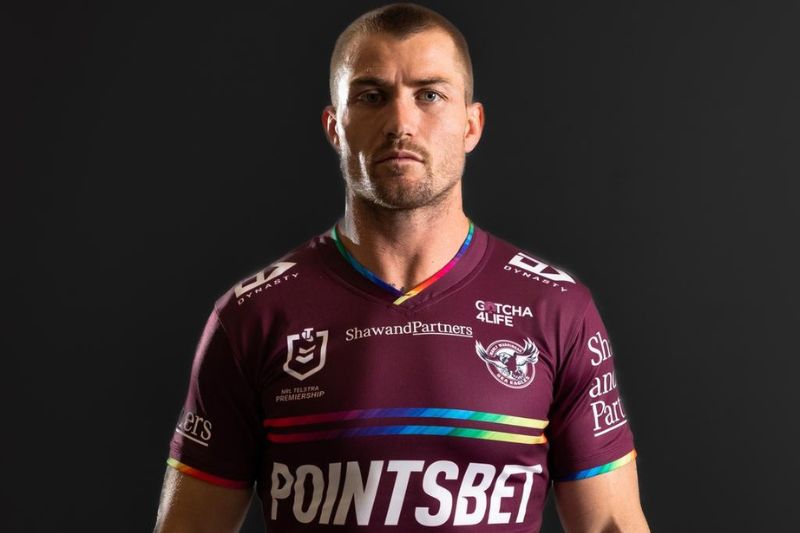
AUSTRALIA
- Michael McVeigh
- 28 July 2022
15 Comments
There has been much said in recent days about the refusal of a group of Manly Sea Eagles footballers to wear a special Pride jersey. The boycotting players have been labelled as hypocrites (for taking a stand on this issue and not, for example, gambling or domestic violence) and even hateful for their actions. Many say they would be happy to see them sacked from the club entirely. It seems to me, though, that the attitudes of the Manly players deserve more consideration than this.
READ MORE 
-

RELIGION
- Michele Frankeni
- 12 July 2022
1 Comment
Last week at the Plenary Council Second Assembly, it seems many of Australia’s bishops, for whatever reason, wanted to bury the talents available to them. They voted down motions related to the equality of dignity between men and women. The reaction according to commentators was visceral with members, not just women, upset and angry. It is likely the anger was more potent for the fact that the motions had become so anodyne that many assembly members are probably regretting the parsing and pruning.
READ MORE 
-
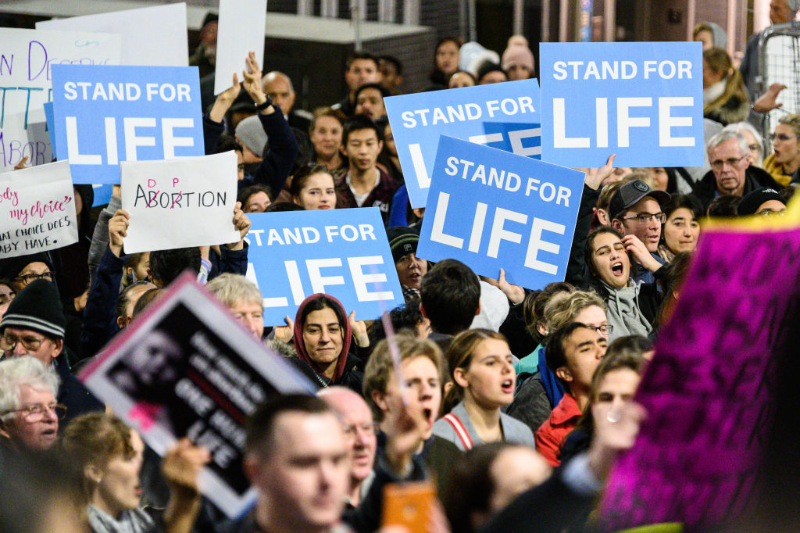
AUSTRALIA
- Michael McVeigh
- 15 June 2022
6 Comments
One would assume that the Victorian Liberal Party has looked at the numbers, and believes that religious conservatives no longer make up a significant proportion of their constituency. Certainly, the moral authority of the Catholic Church and other Christian denominations has taken a battering in the state over the last decade, with many remaining openly hostile to religious perspectives. If the pro-life movement was ever a significant force in Australian politics, that’s no longer the case.
READ MORE 
-
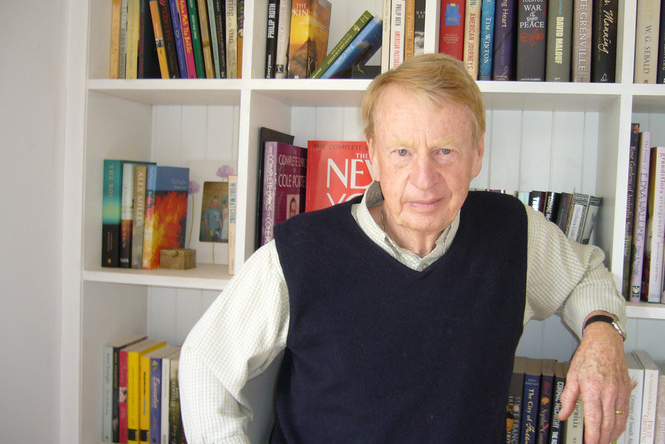
ARTS AND CULTURE
- Brian Matthews
- 09 June 2022
3 Comments
Brian Matthews, academic, award-winning columnist and biographer, and Australia's foremost scholar on Henry Lawson and his mother Louisa, died last Thursday 2 June following complications related to lymphoma, at the age of 86. Brian first wrote for Eureka Street in February, 2002 and continued to contribute his monthly column for 20 years.
READ MORE 
-
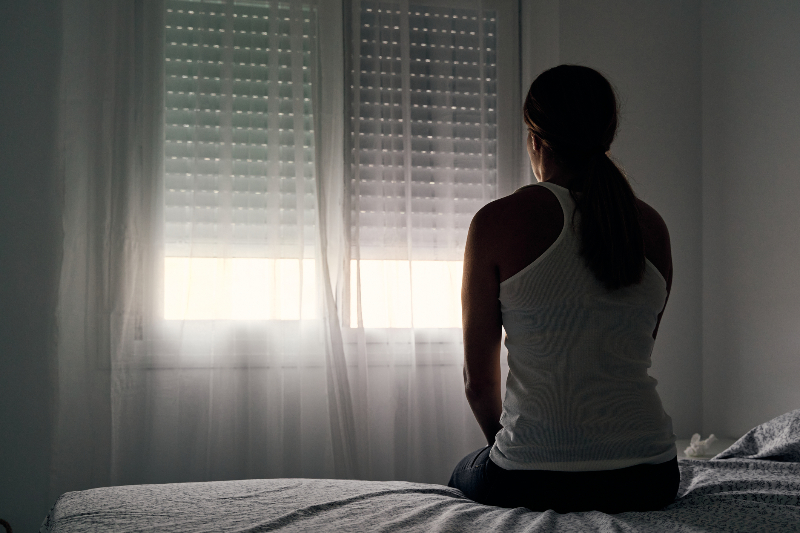
AUSTRALIA
- Ulrike Marwitz
- 27 April 2022
13 Comments
Recent research by the NSW bureau of crime and statistics and research has found that rates of intimate partner violence have remained relatively stable over the past 15 years. These rates are still alarmingly high. If we care about the welfare of those most impacted by domestic violence, predominantly women and children, we must ask ourselves: why are we failing to make headway on this issue, and what should we be doing differently?
READ MORE 
-
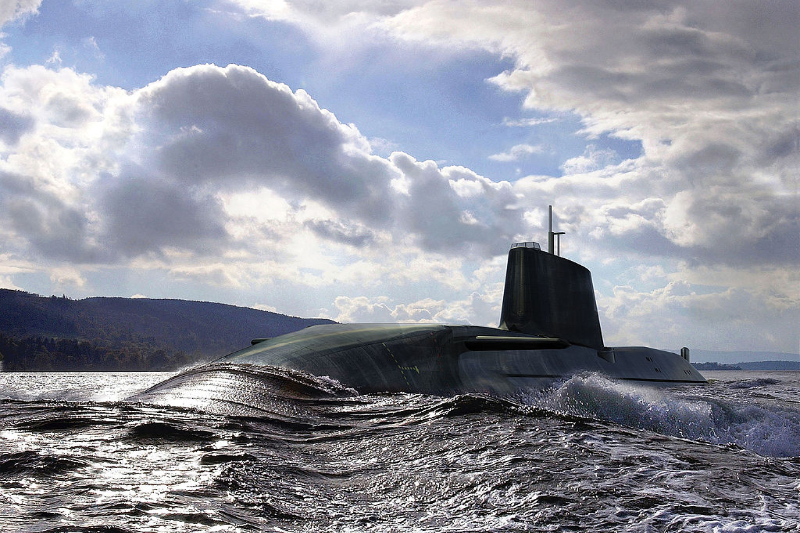
AUSTRALIA
- Vincent Long Van Nguyen
- 28 September 2021
12 Comments
The Australian Government’s decision to buy nuclear-powered submarines has brought to the surface once again big questions around how governments should spend money, particularly during a pandemic. The Government has ditched a $90 billion plan for French submarines in favour of even more expensive boats from the United Kingdom or the United States.
READ MORE 
-
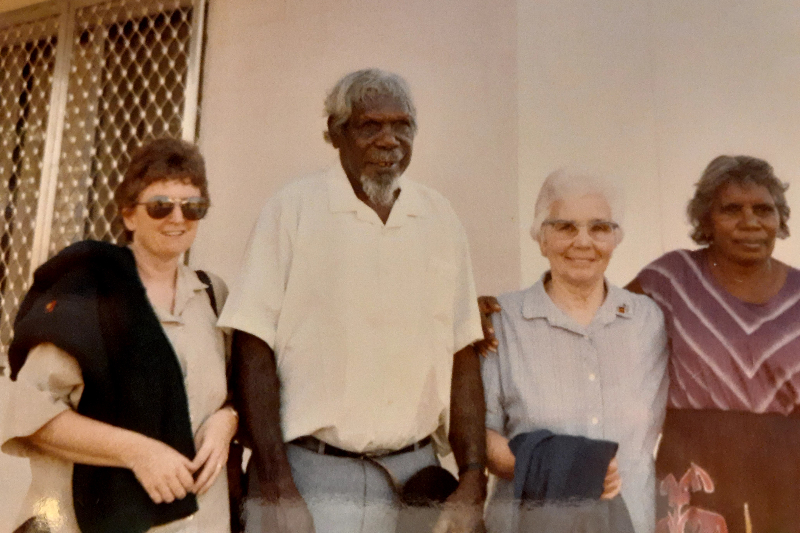
AUSTRALIA
- Paul Cleary
- 21 September 2021
1 Comment
In the late 1970s, two Mercy sisters answered a call to work with Aboriginal people, and they chose a place in the Pilbara region of Western Australia that had a notorious reputation. Sisters Bernadette Kennedy and Bernadine Daly arrived in the largely Aboriginal town of Roebourne in Australia’s north-west in mid-1978 to see if they were needed. They quickly discovered that in a town ‘awash with alcohol’ there was great need.
READ MORE 
-

AUSTRALIA
I was born Hazara in Afghanistan. It is a place where my people suffer constant persecution and discrimination, and additionally, where women are considered second-class citizens. When I was two years old, my parents fled Afghanistan. We first arrived in Iraq and were subsequently given refugee status in Iran. Despite the challenges of growing up a foreigner in Iran, I completed my teaching degree, and also qualified to be a lawyer.
READ MORE 
-
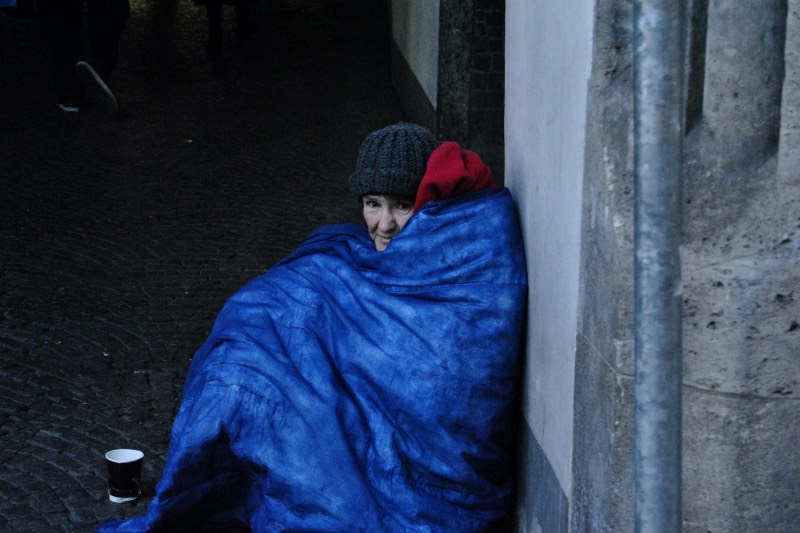
AUSTRALIA
- Michele Madigan
- 13 May 2021
9 Comments
A state government has an obligation to do what is possible within the limits of state resources to help its people, to make the state an inclusive place where all have access to essential services and housing. However, over the last few weeks, with the announcement of the funding restructure for homelessness services, this idea of a fair go seems to have dissipated.
READ MORE 
-
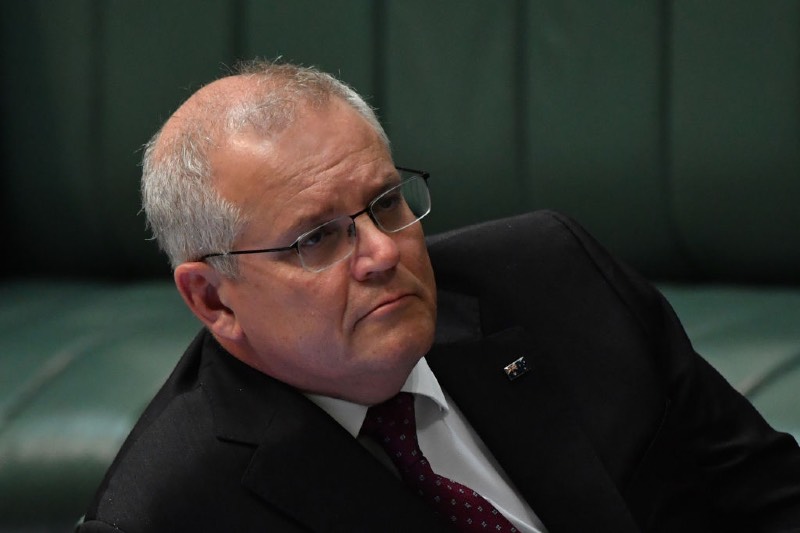
ECONOMICS
In a recent speech to business leaders, Prime Minister Morrison made the remarkable claim that ‘we are going to meet our [climate change] ambitions with the smartest minds, the best technology and the animal spirits of capitalism.’ This is straight from the neoliberal playbook, the doxa that the role of government is to get out of the way to make room for those animal spirits so as to pander to the fantasies of the wealthy few.
READ MORE 
-
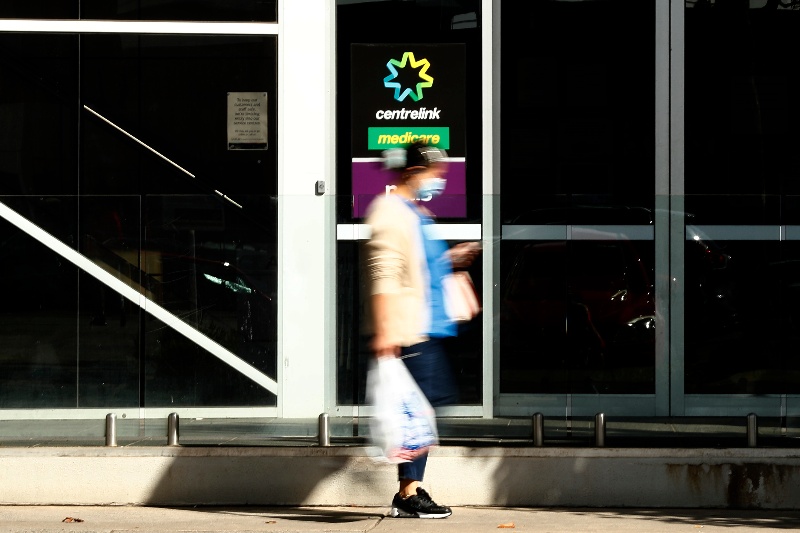
AUSTRALIA
- Ursula Stephens
- 01 April 2021
1 Comment
At the beginning of the Covid-19 pandemic, the government reassured Australia ‘We’re all in this together’ but the truth is that the end of JobKeeper and the Coronavirus supplement payments will leave more than 2.6 million people in poverty.
READ MORE 
-
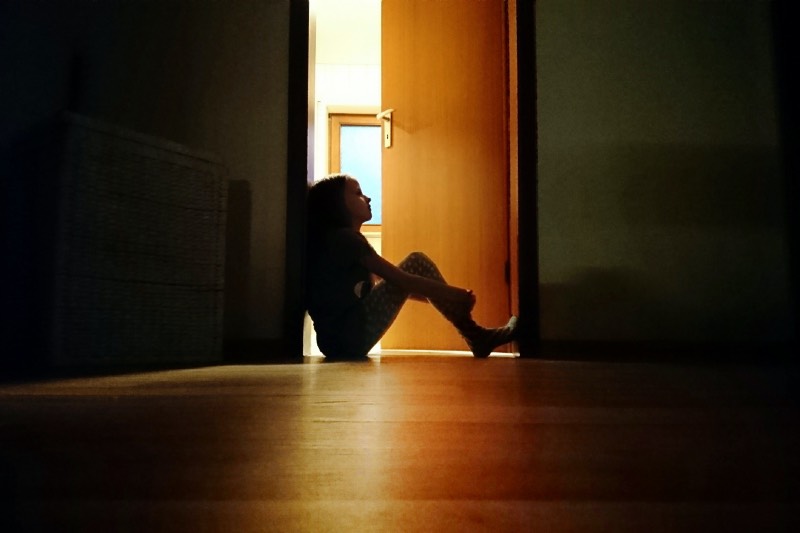
AUSTRALIA
- Barry Gittins
- 01 April 2021
11 Comments
We don’t want to admit the truth of who we are as a nation: there are Australians who are violent toward the people they say they love the most. Living among us are those who take what they want, out of entitlement, privilege and the naked use of power.
READ MORE 